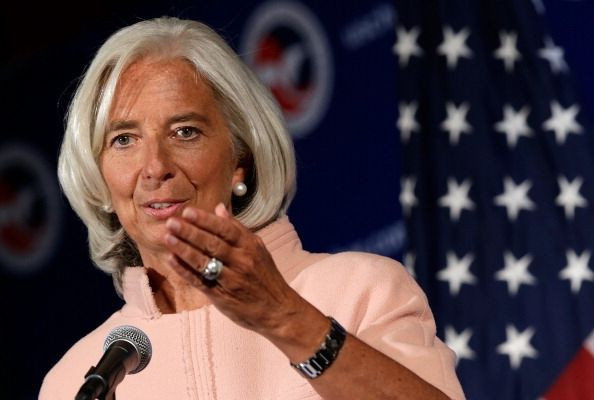Big Banks Are Safer And Don't Rely On Taxpayers' Money For A Bailout, Says International Monetary Fund Study

According to a report by the International Monetary Fund released on Monday, the way banks are being funded has changed for the better more than five years after the financial crisis hit, but many smaller banks continue to experience problems.
The Global Financial Stability Report showed that past bank-funding practices were dangerous. For example, one of the biggest problems occurred when short-term wholesale funding was withdrawn from a bank, normally when the bank's health looked dicey. The suppliers of that funding would withdraw their money when the liabilities came instead of rolling over on them. The report says that customer deposits offer a much more stable form of funding, and equity capital, on the other hand, is a far more responsible way to incur losses. All in all, both are necessary for safer banking structure.
However, the reforms are likely to result in slightly higher costs in the way banks fund themselves, costs that are likely to be passed on to the customer.
One of the most telling elements of the report was that taxpayers were unhappy that their taxes were used to bail out banks and that they would like it to be avoided in the future, if possible. As a result, governments have been eager to roll out a system called "Bail In," where bondholders would have to foot some of the bill should a bank need restructuring. This restructuring, however, is predominantly aimed at banks deemed too important too fail.
For a customer and investor, this could cause some financial problems in the future as it will mean shareholders will lose returns, and debt holders would have to take on additional bank debt – because they did not purchase risk-free debt.
The new reforms are likely to take place gradually, with monitored phase-in periods that will give banks time to raise equity capital and establish liquidity buffers.
© Copyright IBTimes 2024. All rights reserved.






















